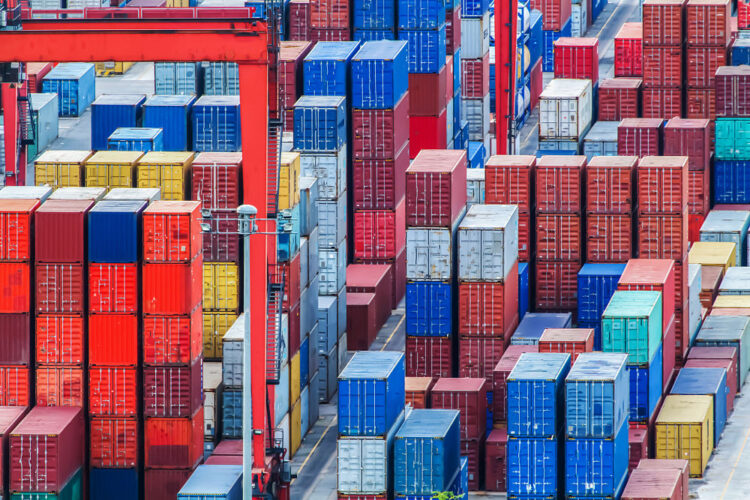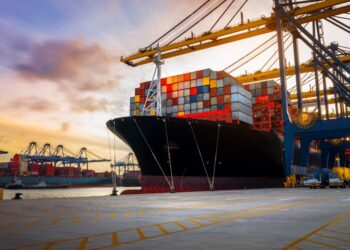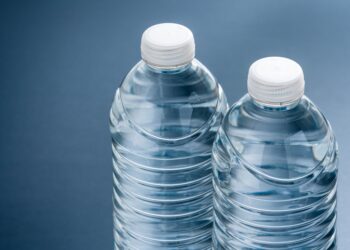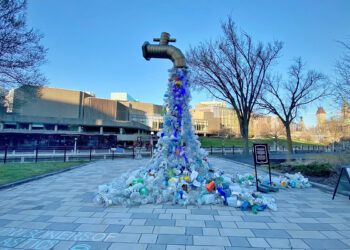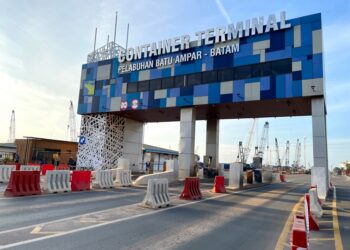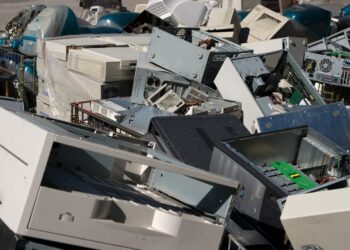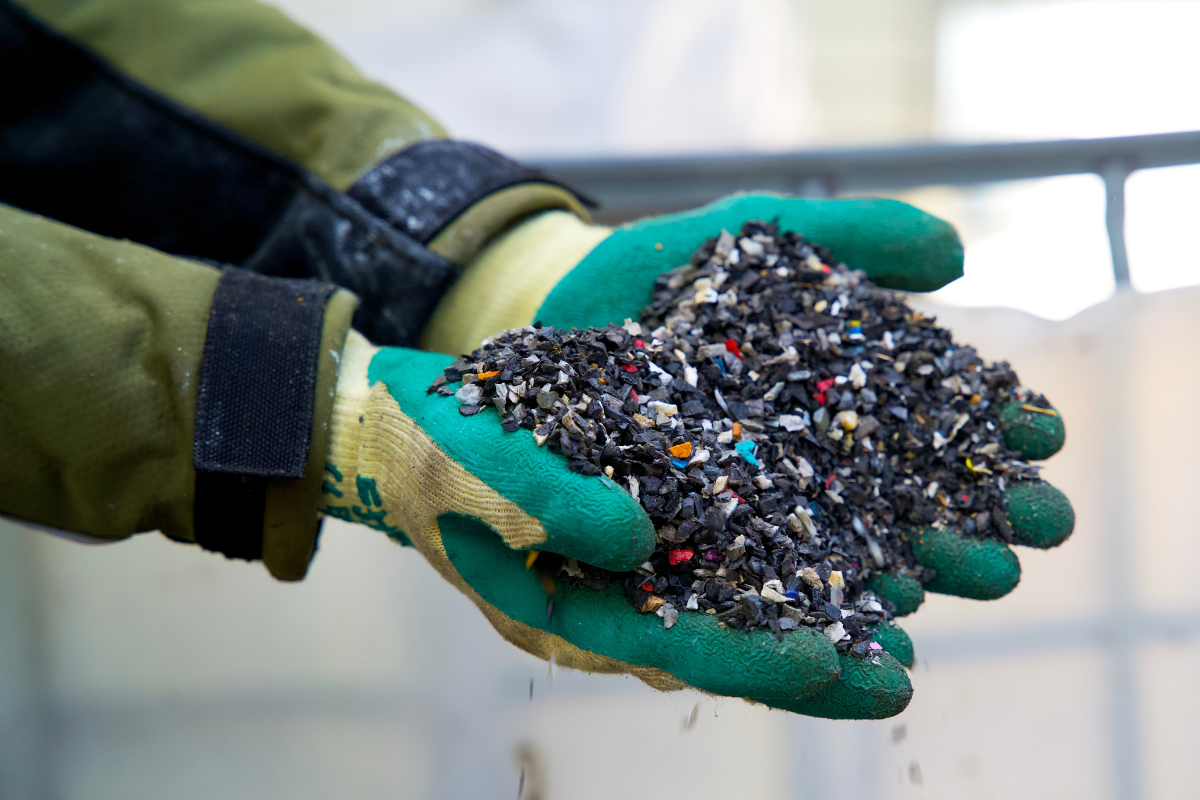Nonprofit organization Basel Action Network released a report attributing surging US e-scrap exports to Southeast Asia to brokers posing as recyclers but acting mainly as shippers, a “hidden tsunami” the group says should trigger regulatory and certification reviews.
In a two-year study, BAN identifies 10 companies it says shipped more than 10,000 containers of discarded electronics between January 2023 and February 2025, totaling about 169,000 tonnes valued at more than $1 billion.
Most cargo during the study period, BAN says, moved through California and Texas ports bound for Malaysia, with smaller volumes to Indonesia, Thailand and the Philippines. Although Malaysia tightened import enforcement in 2024, BAN says export flows from the US remained significant throughout the period it examined.
The report calls for unannounced audits by certification bodies, stronger US export controls, tighter inspections at ports and free trade zones in importing countries and more rigorous downstream due diligence by corporate clients and recyclers. “Upstream clients often rely on brokers and don’t realize how far their material travels,” BAN Executive Director Jim Puckett said.
Puckett told E-Scrap News that researchers spent two years tracing firms that “advertise themselves as recyclers” but are “basically packing and shipping.” He said exports accelerated after the pandemic, when oversight weakened and international monitoring systems were slower to restart. According to BAN, monthly nationwide exports now exceed 1,900 containers, totaling 33,000 tonnes, or close to 400,000 tonnes a year. The group says it combined commercial trade data, on-site observations, GPS trackers and a warning program it calls Operation Can Opener.
BAN’s publication follows stepped-up action in Malaysia. The Department of Environment began seizing shipments in May 2024 after receiving alerts, later detaining dozens of containers and inspecting factories around Port Klang and other industrial areas. Malaysia considers imported e-scrap as contrary to national policy and in 2024 increased penalties to fines of up to 10 million ringgit ($2.4 million), with possible prison terms.
The report comes four months after new Basel Convention rules took effect. Under the 2025 amendments, almost all electronic scrap now falls under the treaty’s Prior Informed Consent system. Parties may not trade controlled waste with non-parties such as the US unless a separate agreement exists. Because the US never ratified Basel, exporting scrap electronics from the US to most countries places importers at risk under international law even if the activity is legal domestically. “It’s not illegal to do this in the US,” Puckett said. “It’s illegal to import it from the US.”
In the report, BAN also highlights how certification can complicate accountability when brokers act as intermediaries. The group operates the e-Steward certification program.
Eight of the 10 named firms, BAN says, hold R2v3 certifications at one or more facilities, and nine have either voluntary certification or California e-waste program approval.
Mike Easterbrook, chief of global standards at Sustainable Electronics Recycling International (SERI), told E-Scrap News that R2v3 makes the last R2-certified facility “responsible for verifying the flow of R2-controlled streams through final disposition.” He added that SERI has ramped up its assurance activities and will treat BAN’s information as a tip, incorporating it into the organization’s assurance process and taking steps where appropriate. Anyone can submit tips via SERI’s R2 Tipline.
The 10 companies named are Attan Recycling, Corporate eWaste Solutions, Creative Metals Group, First America Metal Corp, Gem Lifecycle Solutions, Greenland Resource, IQA Metals, PPM Recycling, Semsotai and EDM, which BAN describes as among the largest operators. BAN does not accuse the firms of specific crimes; it says their shipment patterns should be reviewed by regulators and auditors.
BAN’s report also references GPS trackers placed in devices dropped off through Best Buy’s take-back program, which the group says later appeared in shipments involving EDM and other overseas destinations. The findings have drawn attention from major US brands that rely on certified recycling partners. Best Buy, one of the country’s largest electronics retailers, says in its 2025 Corporate Responsibility and Sustainability Report that all recycling partners undergo recurring on-site and downstream audits and must hold ISO 14001 environmental certification along with either e-Stewards or R2 credentials.
The company said it collected 144 million pounds of electronics and appliances for recycling in fiscal 2025 and has begun piloting additional audits of US e-scrap facilities to strengthen oversight. Best Buy says the program is part of its broader effort to advance the circular economy by promoting reuse, repair and recycling.
At the federal level, only a few categories, such as cathode ray tube devices and certain hazardous batteries, require prior notice and consent from the receiving country before export. BAN says this limited oversight allows mixed electronic waste streams to move abroad without clear review, creating uncertainty over who is responsible once material leaves the United States.
California, which regulates e-scrap as Universal Waste under hazardous-waste law, is one of the few states with authority to pursue enforcement. The Department of Toxic Substances Control confirmed it is reviewing BAN’s findings but has not announced any actions related to exporters. BAN’s report lists several companies operating in or shipping through California, where brokers often aggregate material for export under state recycling programs.
BAN says trade data show that brokers frequently declare loads as “unwrought aluminum,” “scrap metal” or “new electronics,” descriptions that can mask shipments that should require Basel notification. Investigators documented container loading at recycling yards and matched identification numbers to arrivals at Malaysian ports.
“We’re shaking them up,” Puckett said of Malaysian authorities. “They’re doing round-ups and raids on facilities, hundreds of them.”













